One child remains in hospital almost five months after seven people were struck down with E. coli O157 at the Rose Lodge Nursery in Aberdeenshire in May.
The mother of the 22-month-old boy still hospitalized who has lost his sight, has severe hearing loss, complete kidney failure and partial brain damage, said through her solicitor “the report does not answer anything for her.
“The mother has been permanently residing in the hospital complex to care and attend to the child and is at the hospital from about morning until late evening  seven days a week.
seven days a week.
“She specifically wants the public reminded about how aggressive E. coli 0157 can be.
“She believes that she and the child have been forgotten about and that she is very angry about that.”
The report by NHS Grampian on the outbreak yesterday revealed that one of the possible reasons for the spread of the infection was staff failing to wash their hands properly after handling nappies.
However, the report said that the bug could have been passed on through private drinking water contaminated with animal feces from nearby fields, or due to issues with hand hygiene at a relative’s home.
The bug originated in the baby unit of the Aboyne nursery, which cares for 35 children. Four infants, one relative and two members of staff were all struck down with E coli O157.
The report advised the nursery to stop the use of a communal bowl for handwashing in the baby room and said the water at a sink in the nappy-changing area might have been too hot for effective handwashing. It also warned staff of the potential for contamination of the nursery floor from parents’ shoes.
An NHS Grampian spokesman said: “If the parents require any further clarificiation, they should contact the health protection team. We will be happy to meet them to discuss their concerns.”
A communal handwashing bowl when surrounded by poop – baby poop? If I was a parent taking my kid to that daycare, I would have said something. I know the parents and staff hate me at Sorenne’s school for being such a microbiological stickler, but this is why people have to speak up – before there’s an outbreak.
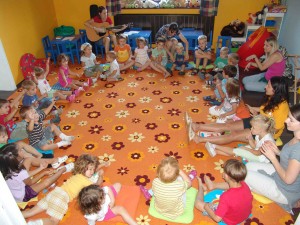 and nature of person-to-person transmission in the cases and their contacts. The diagrams supported a tailored public health action, and hence aided in the control of the outbreak. We conclude that for selected infectious diseases, social network diagrams can provide a valuable tool in the management of an outbreak.
and nature of person-to-person transmission in the cases and their contacts. The diagrams supported a tailored public health action, and hence aided in the control of the outbreak. We conclude that for selected infectious diseases, social network diagrams can provide a valuable tool in the management of an outbreak.

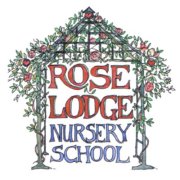 NHS Grampian said health protection teams found “reasonable” food hygiene and infection control at the unit.
NHS Grampian said health protection teams found “reasonable” food hygiene and infection control at the unit..jpg) infection in children who attend Rose Lodge Nursery School in Aboyne, Royal Deeside.
infection in children who attend Rose Lodge Nursery School in Aboyne, Royal Deeside.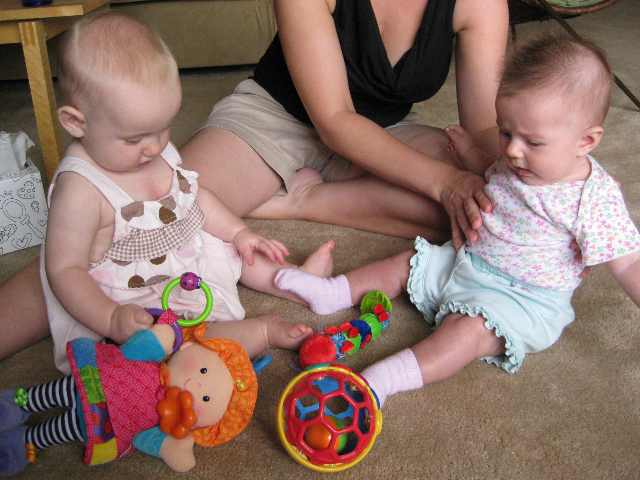 Dr Chris Whiteside, consultant in communicable disease control for Public Health Wales, said: "Given the nature of this infection it is not unusual for more cases to be identified amongst children attending the nursery. This is why the nursery was closed and the children and staff were asked to be tested.”
Dr Chris Whiteside, consultant in communicable disease control for Public Health Wales, said: "Given the nature of this infection it is not unusual for more cases to be identified amongst children attending the nursery. This is why the nursery was closed and the children and staff were asked to be tested.”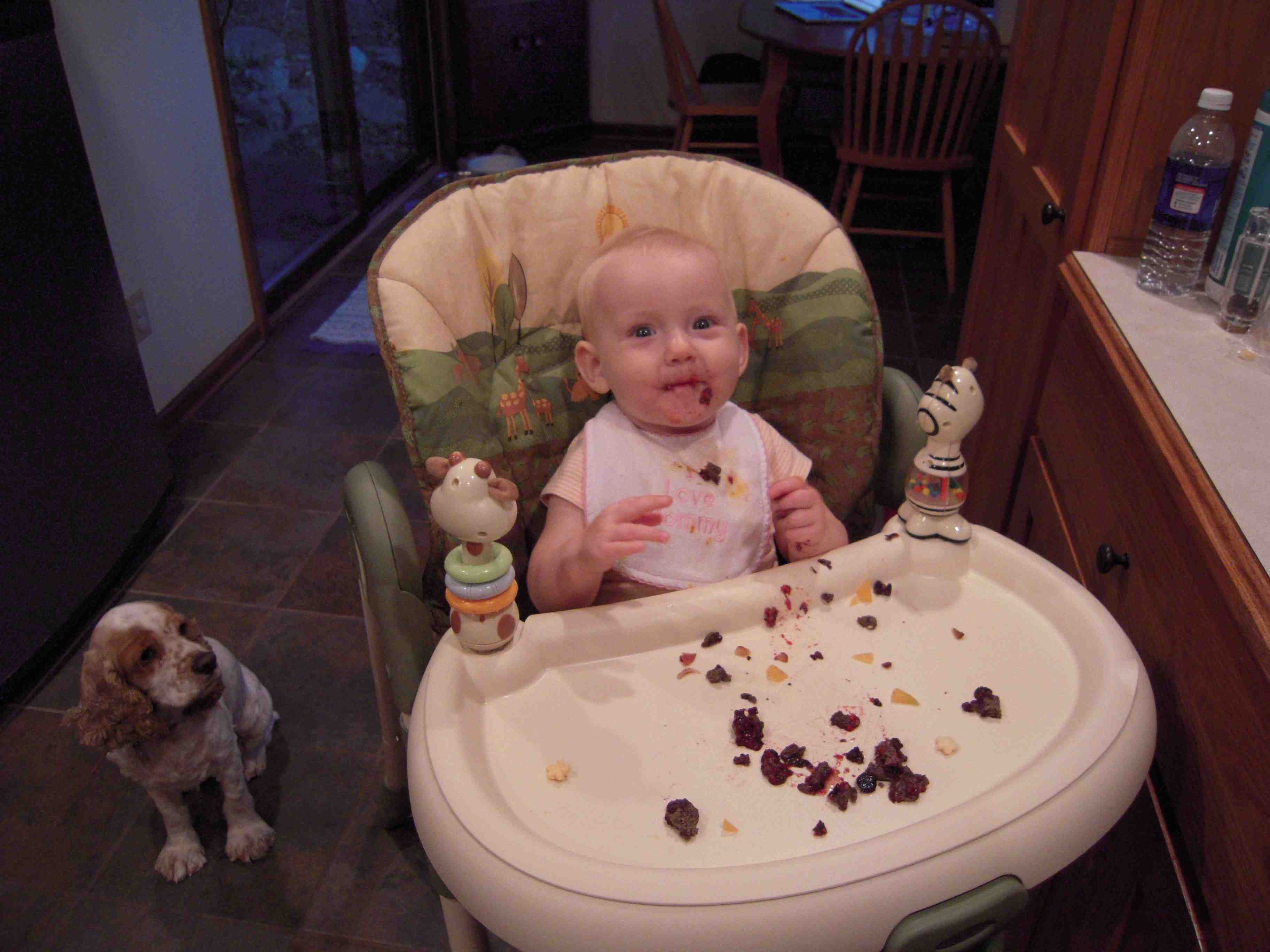 The HSE said it was satisfied that the creche was fully compliant with pre-school standards.
The HSE said it was satisfied that the creche was fully compliant with pre-school standards.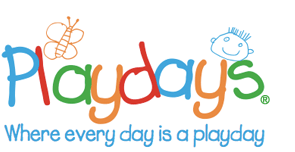
.jpg) NHS Fife said that the cases were identified in early October and none of the children are seriously ill.
NHS Fife said that the cases were identified in early October and none of the children are seriously ill..jpg) • information sharing between the school and the health authorities was poor;
• information sharing between the school and the health authorities was poor;